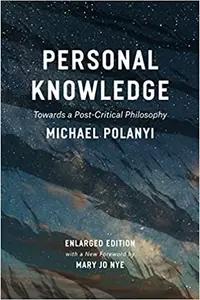Personal Knowledge: Towards a Post-Critical Philosophy
By Michael Polanyi
Category
PhilosophyRecommended by
"Personal Knowledge" by Michael Polanyi is a thought-provoking exploration of the nature and limits of scientific knowledge. With clarity and intellectual depth, Polanyi challenges the prevalent notion that knowledge can only be objective and methodical, arguing that personal involvement and tacit understanding play critical roles in scientific discovery.
Through nuanced examples and philosophical inquiry, Polanyi presents the concept of "tacit knowing" – the understanding that is difficult to articulate but nevertheless guides our actions. He argues that scientific facts and theories are not mere products of detached observation, but are influenced by the personal commitments and judgments of the scientific community. This perspective revolutionizes how we understand the pursuit of knowledge.
Polanyi further examines the role of tradition and authority in the advancement of knowledge, debunking the notion of an entirely autonomous and individualistic scientist. He demonstrates how reliance on established paradigms and trusting the expertise of others strengthens scientific understanding.
The author also tackles the limitations of absolute objectivity, emphasizing that scientific inquiry is inherently subjective and influenced by personal participation. He cautions against an overreliance on simplistic reductionism and highlights the importance of embracing intuition and tacit knowledge in expanding our understanding.
"Personal Knowledge" challenges readers to reconsider the conventional understanding of knowledge as purely objective and detached, inviting a broader vision of scientific inquiry that acknowledges the crucial role of personal involvement. Polanyi's seminal work engages both scientists and philosophers, urging a more holistic and nuanced approach to the pursuit of knowledge.
Through nuanced examples and philosophical inquiry, Polanyi presents the concept of "tacit knowing" – the understanding that is difficult to articulate but nevertheless guides our actions. He argues that scientific facts and theories are not mere products of detached observation, but are influenced by the personal commitments and judgments of the scientific community. This perspective revolutionizes how we understand the pursuit of knowledge.
Polanyi further examines the role of tradition and authority in the advancement of knowledge, debunking the notion of an entirely autonomous and individualistic scientist. He demonstrates how reliance on established paradigms and trusting the expertise of others strengthens scientific understanding.
The author also tackles the limitations of absolute objectivity, emphasizing that scientific inquiry is inherently subjective and influenced by personal participation. He cautions against an overreliance on simplistic reductionism and highlights the importance of embracing intuition and tacit knowledge in expanding our understanding.
"Personal Knowledge" challenges readers to reconsider the conventional understanding of knowledge as purely objective and detached, inviting a broader vision of scientific inquiry that acknowledges the crucial role of personal involvement. Polanyi's seminal work engages both scientists and philosophers, urging a more holistic and nuanced approach to the pursuit of knowledge.
Share This Book 📚
More Books in Philosophy
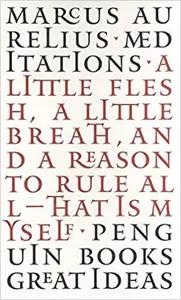
Meditations
Marcus Aurelius
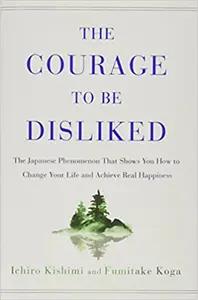
The Courage To Be Disliked
Ichiro Kishimi
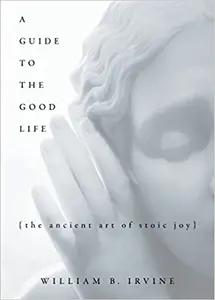
A Guide To The Good Life
William B. Irvine

The Four Agreements
Don Miguel Ruiz
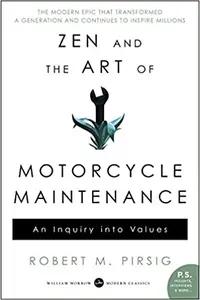
Zen and the Art of Motorcycle Maintenance
Robert M. Pirsig
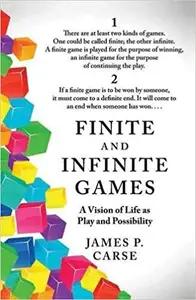
Finite and Infinite Games
James Carse

Letters from a Stoic
Lucius Annaeus Seneca
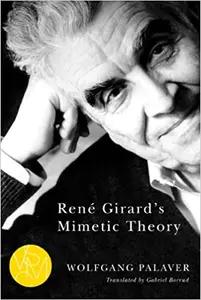
René Girard's Mimetic Theory
Wolfgang Palaver
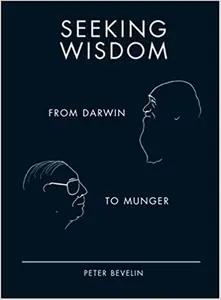
Seeking Wisdom
Peter Bevelin
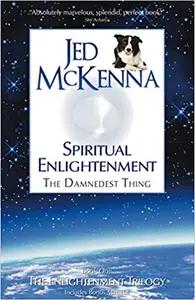
Spiritual Enlightenment, the Damnedest Thing
Jed McKenna
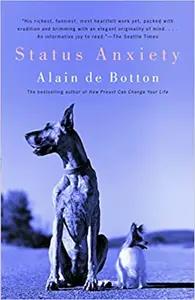
Status Anxiety
Alain De Botton
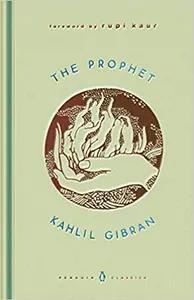
The Prophet
Kahlil Gibran
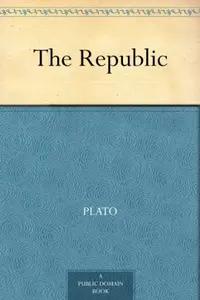
The Republic
Plato
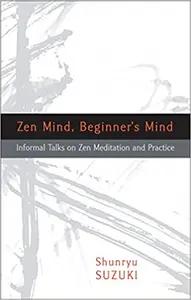
Zen Mind, Beginners Mind
Shunryu Suzuki
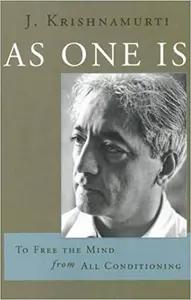
As One Is
Jiddu Krishnamurti
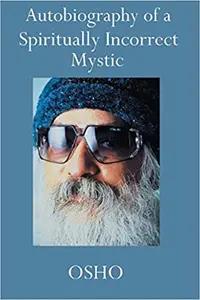
Autobiography of a Spiritually Incorrect Mystic
Osho

Being With Dying
Joan Halifax
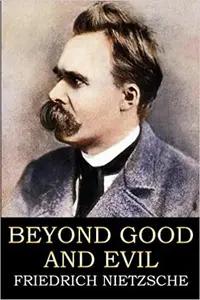
Beyond Good and Evil
Friedrich Nietzsche
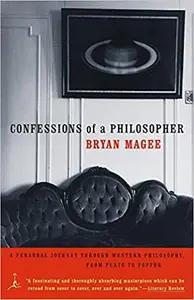
Confessions of a Philosopher
Bryan Magee

Consolations
David Whyte

Courage
Osho
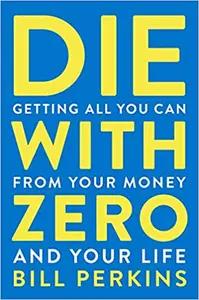
Die With Zero
Bill Perkins
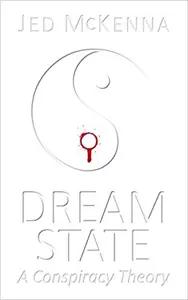
Dreamstate
Jed McKenna
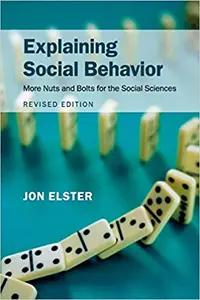
Explaining Social Behavior
Jon Elster
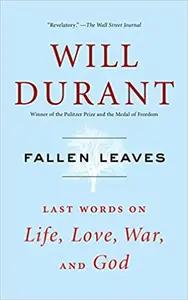
Fallen Leaves
Will Durant
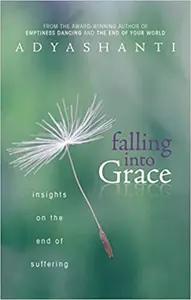
Falling into Grace
Adyashanti

How To Live
Sarah Bakewell
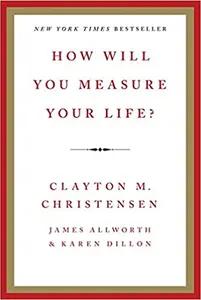
How Will You Measure Your Life?
Clayton Christensen
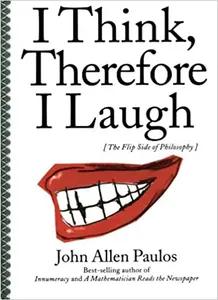
I Think, Therefore I Laugh
John Allen Paulos
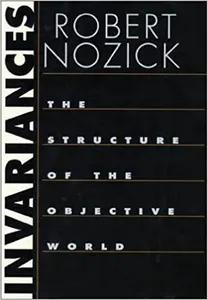
Invariances
Robert Nozick
Popular Books Recommended by Great Minds 📚
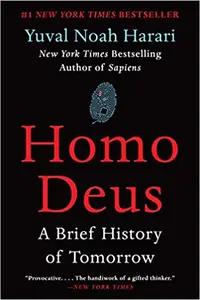
Homo Deus
Yuval Noah Harari
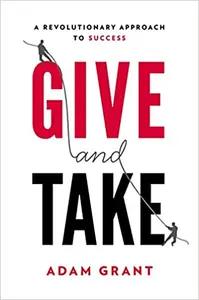
Give and Take
Adam Grant
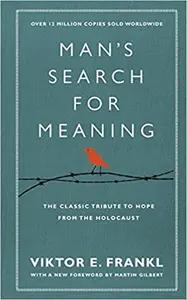
Man's Search for Meaning
Viktor Frankl
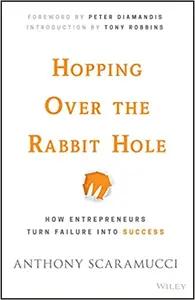
Hopping Over The Rabbit Hole
Anthony Scaramucci
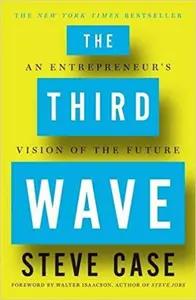
The Third Wave
Steve Case
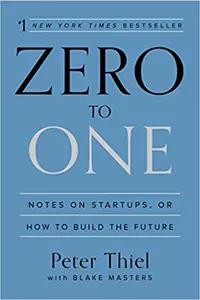
Zero to One
Peter Thiel
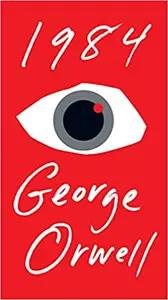
1984
George Orwell
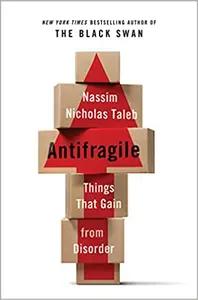
Antifragile
Nassim Nicholas Taleb
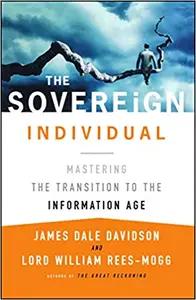
The Sovereign Individual
James Dale Davidson & William Rees-Mogg
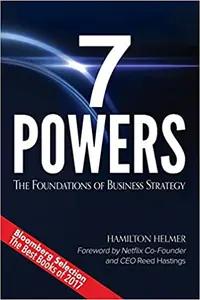
7 Powers
Hamilton Helmer

Hillbilly Elegy
J.D. Vance

Shoe Dog
Phil Knight
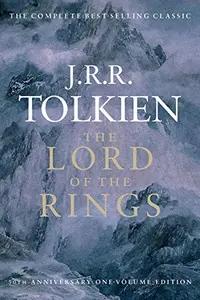
The Lord of the Rings
J.R.R. Tolkien
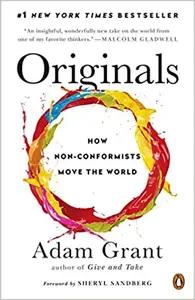
Originals
Adam Grant
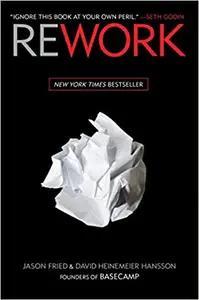
Rework
Jason Fried
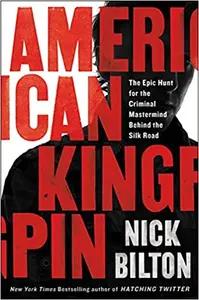
American Kingpin
Nick Bilton

The Courage To Be Disliked
Ichiro Kishimi

The Intelligent Investor
Benjamin Graham
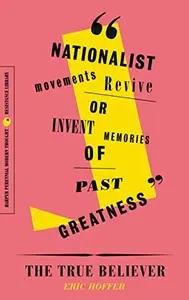
The True Believer
Eric Hoffer
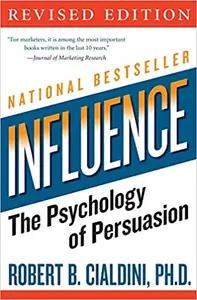
Influence
Robert Cialdini

When Breath Becomes Air
Paul Kalanithi
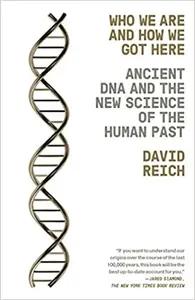
Who We Are and How We Got Here
David Reich
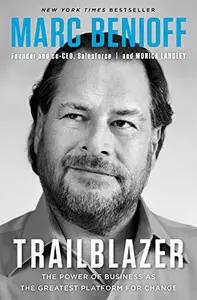
Trailblazer
Marc Benioff
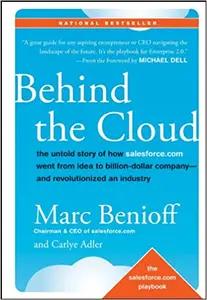
Behind the Cloud
Marc Benioff
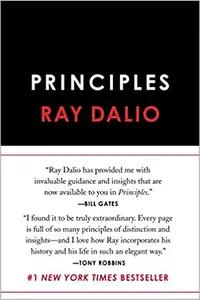
Principles
Ray Dalio
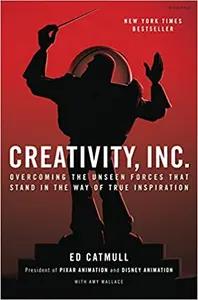
Creativity, Inc.
Ed Catmull
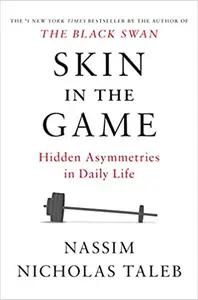
Skin In The Game
Nassim Taleb
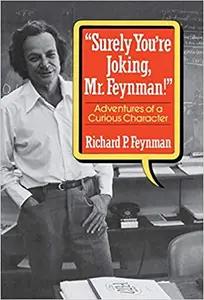
Surely You're Joking Mr. Feynman
Richard Feynman
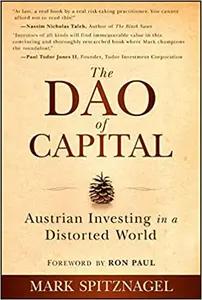
The Dao of Capital
Mark Spitznagel

Siddhartha
Hermann Hesse
